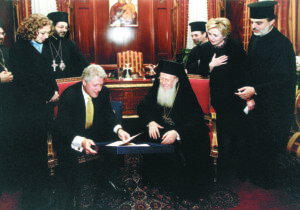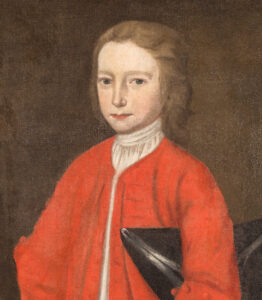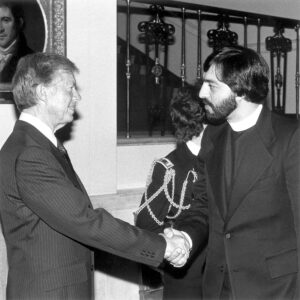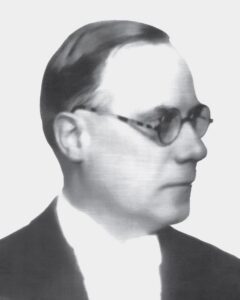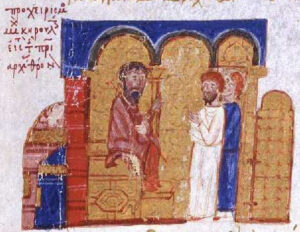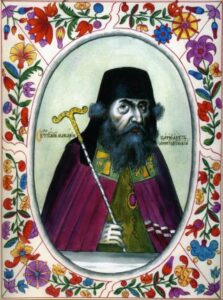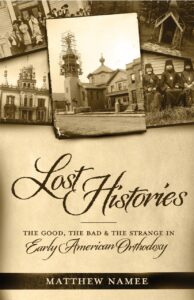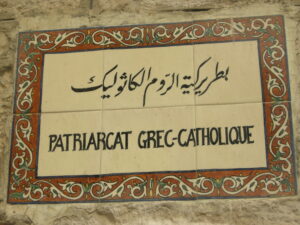Father Alex and the Mother Church
This is the third in a series of articles based on my interviews with Fr Alex Karloutsos. You can read the first two articles here: The Father Alex Karloutsos Origin Story Karloutsos and the Rise of Bartholomew The last article ended with the election of Patriarch Bartholomew and Fr Karloutsos’s...
